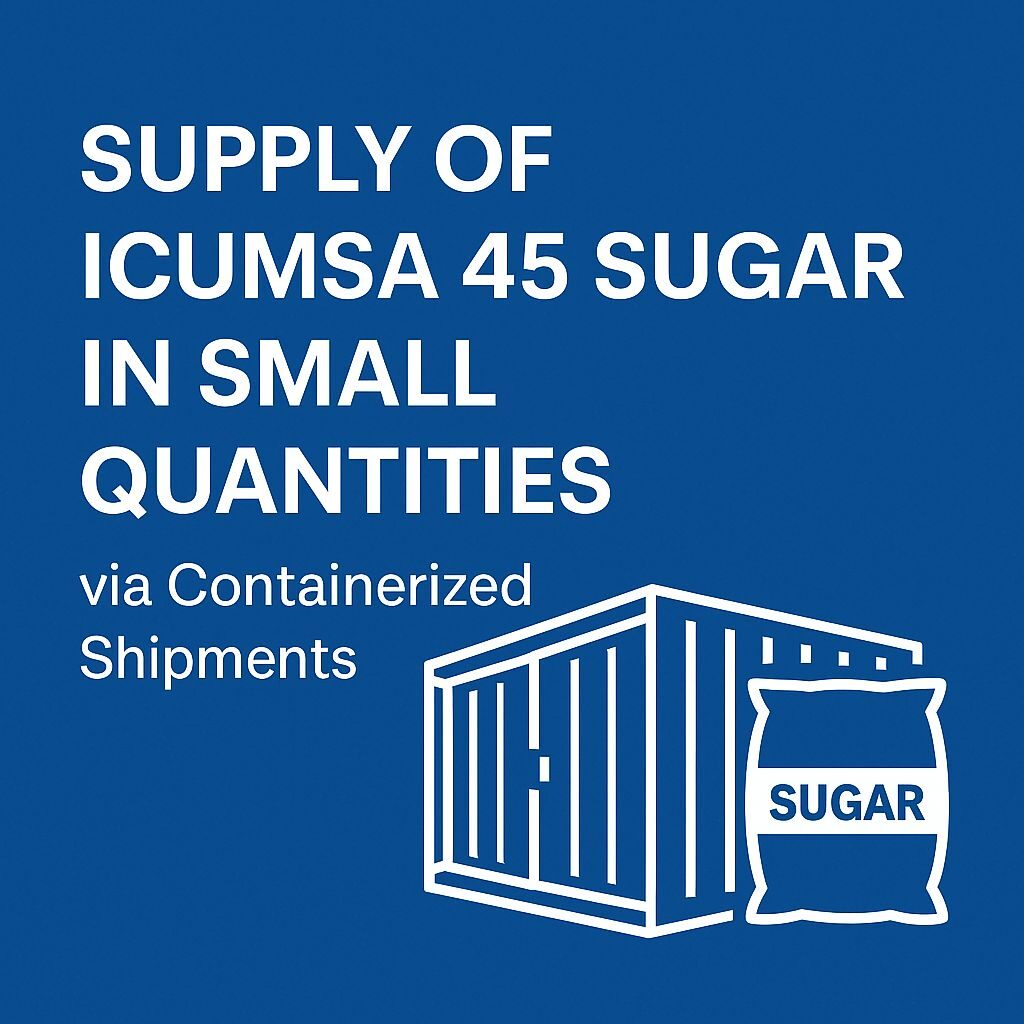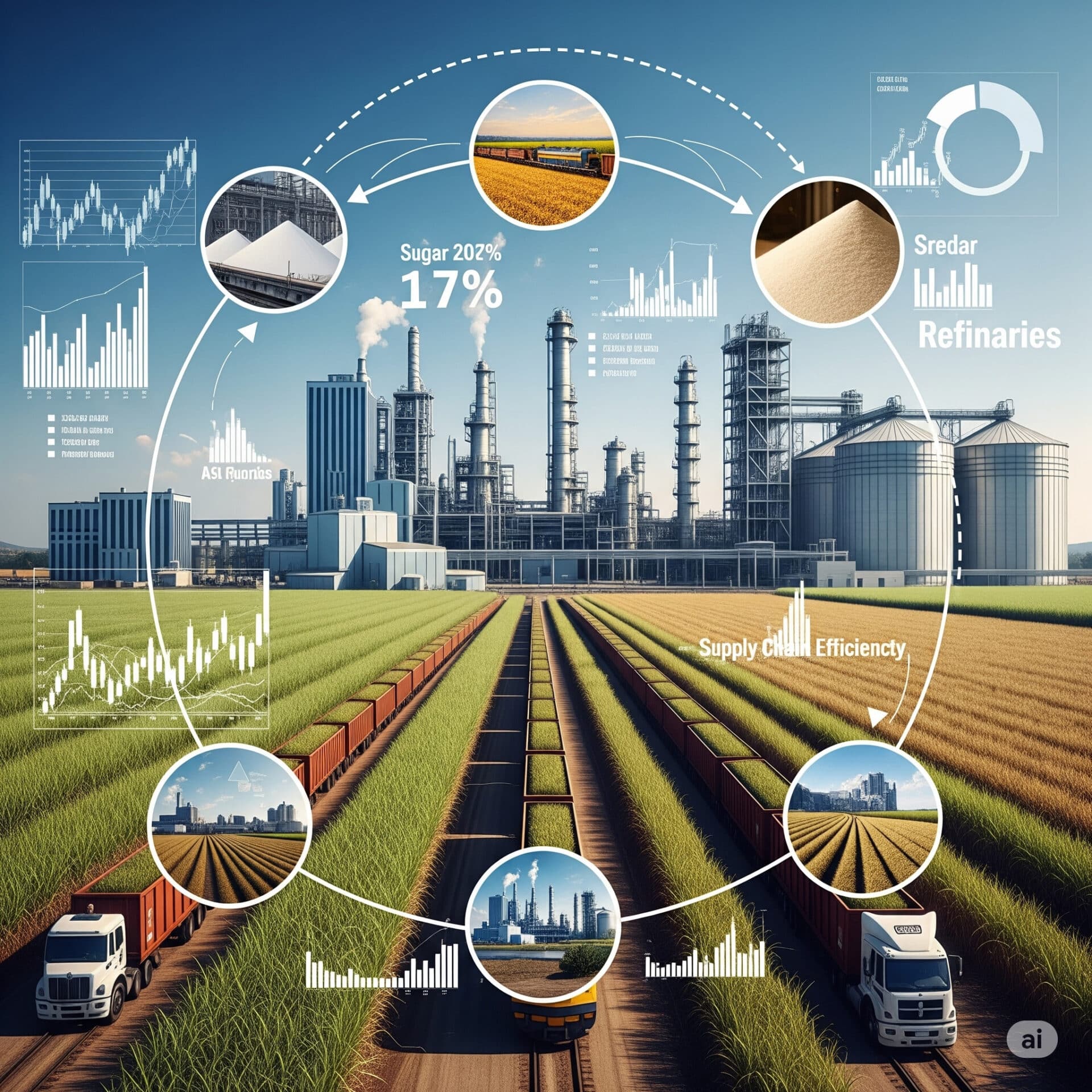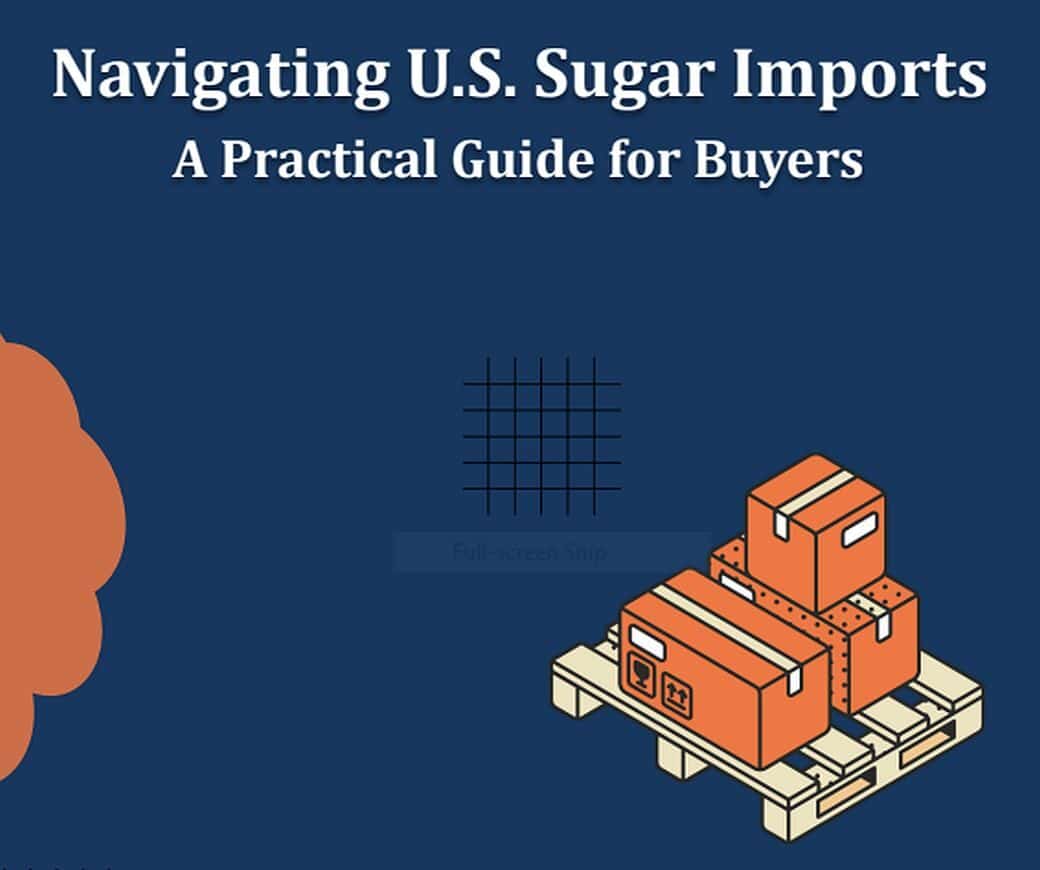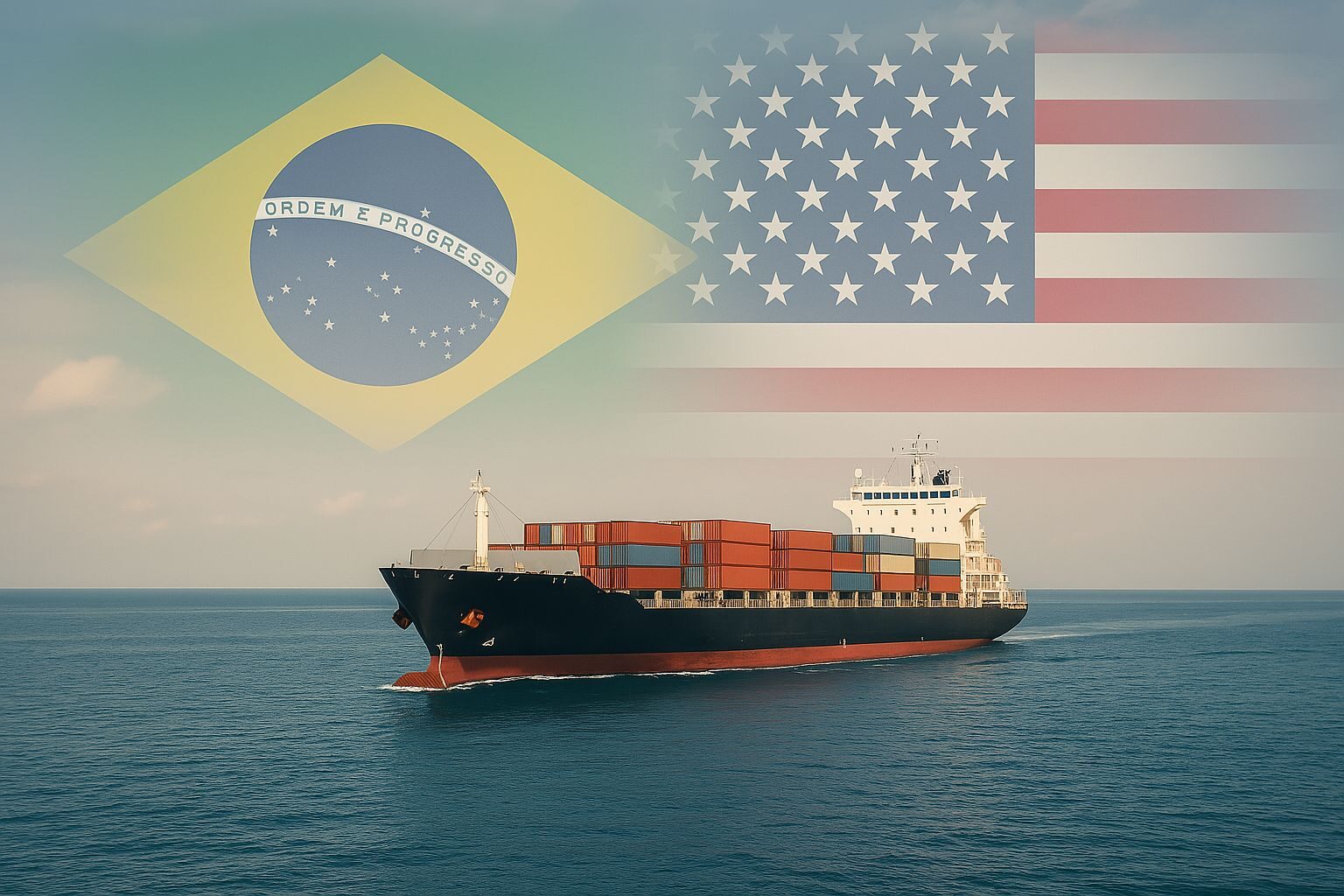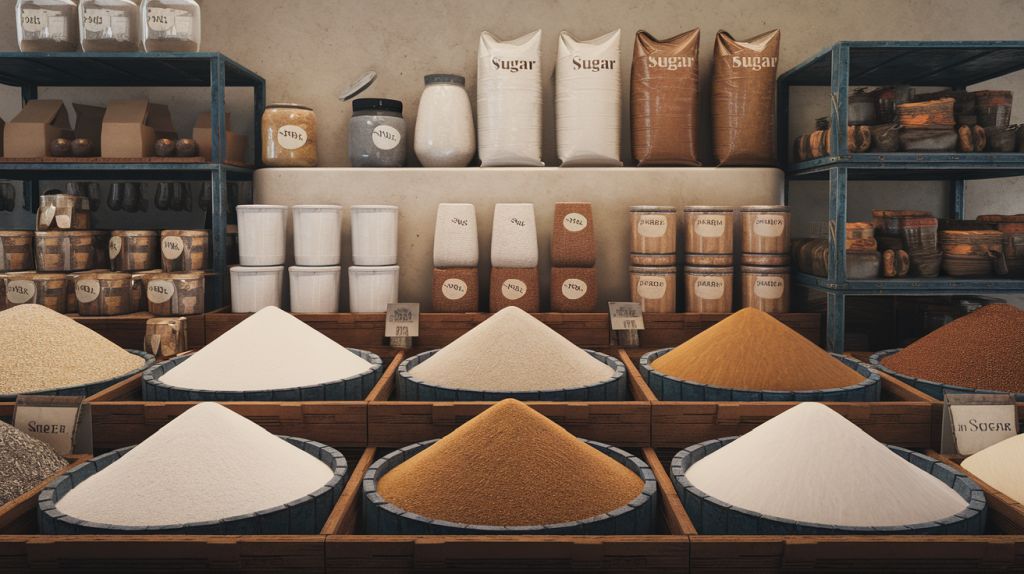Why Sugar Refineries Don’t Stockpile Refined Sugar
Ever wonder why sugar refineries don’t hold massive reserves of refined sugar?
It’s not an oversight—it’s a deliberate strategy. Modern sugar logistics favor agility, efficiency, and risk control over warehousing tonnage. Here’s why:
1. High Cost of Inventory
Storing refined sugar at scale is expensive. Costs include:
-
Real estate for warehousing
-
Climate control to prevent caking and contamination
-
Security to protect a high-value, food-grade product
-
Tied-up working capital that could fuel production or market expansion
2. Sugar Isn’t as Stable as It Seems
Refined sugar degrades:
-
It hardens over time, complicating handling
-
Absorbs odors, affecting taste and quality
-
Attracts pests, raising food safety and compliance issues
Even short-term storage demands strict controls. Long-term storage? Risky and expensive.
3. Lean Supply Chain: JIT in Action
Most refineries run on Just-In-Time (JIT) principles:
-
Produce based on actual orders, not forecasts
-
Minimize storage
-
Stay agile to respond to demand shifts
The result: a streamlined operation that avoids overproduction and inventory risk.
4. Volatile Market, High Exposure
Global sugar prices fluctuate due to:
-
Weather impacts on cane crops
-
Government interventions and subsidies
-
Currency shifts in cross-border trade
-
Evolving consumer demand
Stockpiling exposes refineries to price risk. A sudden price drop means selling inventory at a loss. Lower stocks = higher flexibility.
5. The Intermediary Advantage
With limited inventories, market intermediaries become essential. Brokers and traders:
-
Match production to real-time demand
-
Mitigate price and logistics risks
-
Maintain liquidity across the supply chain
They allow refineries to focus on production, while they handle the market mechanics.
Bottom Line
Sugar refineries don’t stockpile because it’s inefficient, risky, and costly. The smart play is lean production, real-time distribution, and strategic partnerships with trusted intermediaries.

